Starting a Business Templates
Everything You Need to Start Your Business Successfully
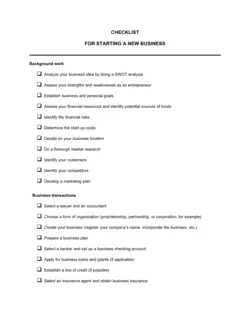
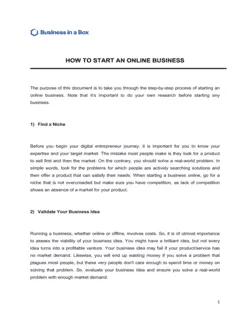
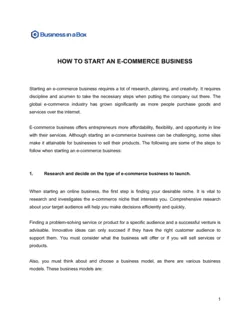
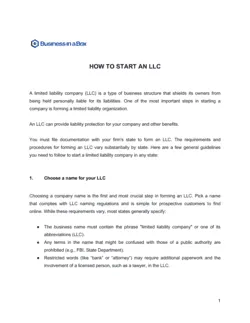
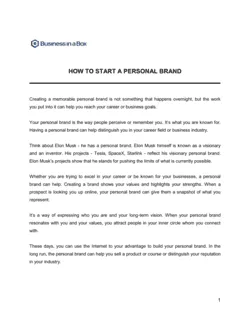
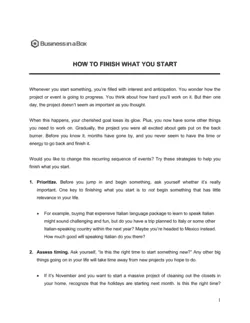
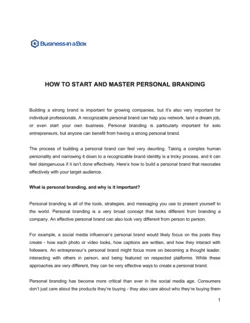
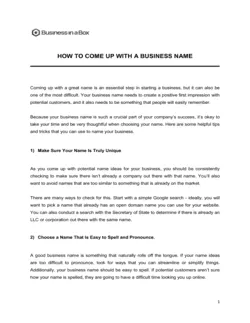
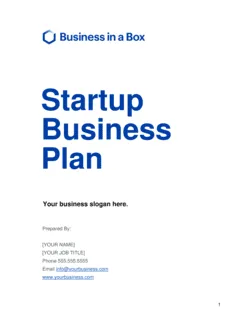
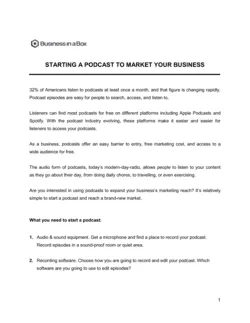
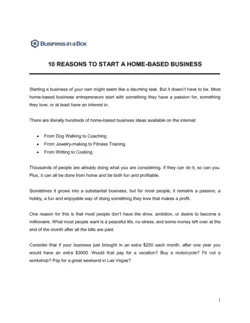
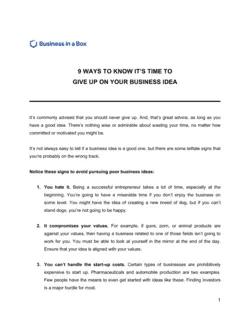
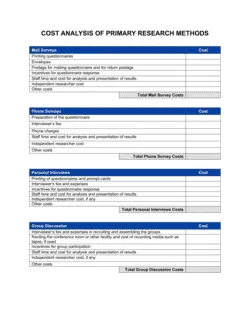

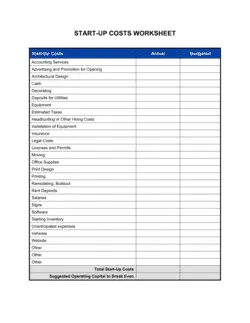

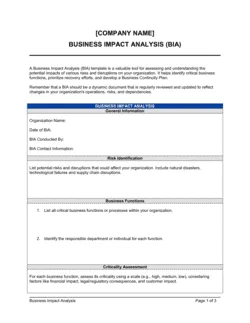
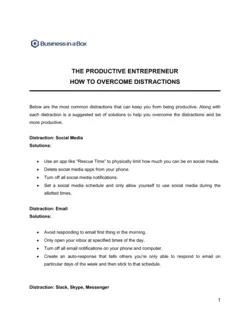
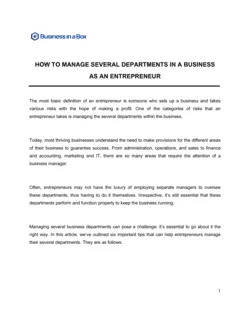
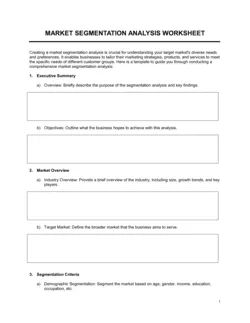
Starting a Business: A Comprehensive Guide
Many of us dreamt of being astronauts as kids. The appeal of space travel may have faded for most people as they enter adulthood, but the dream remains the same: do something new and different. Put your energy towards something that could change lives.
Those wondering how to start a business have a chance to do just that: something new and different that can improve the life of your customers.
Starting a business is a lot like space travel- a lot of people dream about doing it, but many are afraid to take the first step. There are a lot of decisions between ideation and a successful launch.
You probably already have an idea of what you want the business to look like once it’s up and running. You may even have a logo or a catchy business name.
What about the other, less obvious steps to start a small business?
Aspiring entrepreneurs with a plan are much more likely to get their business running. Your plan should prepare you for the unexpected, one thing all entrepreneurs can count on. Your plan should also help you get leads and turn a profit in a competitive market.
Key Concepts:
By the time of your first sale, your business startup is already well on its way to succeeding (or failing). The time and money involved can add up quickly whether you’re developing an app or opening a bookstore. You don’t want to wait until opening day to think about finances or brand identity. You want every aspect of your business to be running like a well-oiled machine.
Strategy involves figuring out the pieces your business idea might be missing before problems arise. Starting a business requires the following:
- A reasonable, objective business plan
- A thorough understanding of your target market
- An outline of your industry dynamics
- A vision of what your company will look like
- A go-getter attitude
Consider this an investment in your future. Turning a whirlwind of ideas and inspiration into a fully functional business isn’t easy, especially at first. Fortunately, you don’t have to be an expert in marketing or invest loads of money to start a business.
We’ve outlined our guide with all the necessary steps involved in starting a business. We’ll guide you through the initial steps, including tips on how to effectively research marketing strategies relevant to your field. We’ll also show you how to build a foundation for your business, so you’ll be prepared for anything.
Conduct Research
Researching your industry and target market is the first major step when starting a business. Once you’ve settled on a business idea, you want to find out everything there is to know about selling your product or service.
Figure out the “why” behind your idea. Why should people come to you? Why spend money on what you’re offering? Why take time out of their day to check out your business?
Focus your attention on meeting a need. When researching, think from the customer’s perspective. Think about where people might go when looking for your product or service.
Before setting out on this new adventure, you’ll want to ask yourself: Is your idea feasible? What sets your business apart from others? What is your blueprint for success?
If you don’t have answers to these questions yet, don’t worry!
A quick search for current companies in the same industry can tell you what others are doing well. Once you know what others are delivering, you’ll know what you need to compete in your market. You can decide whether to deliver the same value for less or to offer something other companies like yours lack.
Even if your business falls under the brick-and-mortar umbrella, a strong online presence will help grow your customer base. It can also save you time by attracting the right kind of customer.
Turn Data Into Insights
You’ll also want to use existing data to research behavioral trends, conduct basic surveys, and create focus groups. You can then use this information to determine your promotional and distribution strategy, as well as opportunity costs.
If you come across data that indicates you’re missing potential customers (or more crucially, that you’re targeting the wrong people), don’t ignore it. This is your chance to hone in on your target market. It’s ok to make a few changes if it increases your chances of engaging with potential customers.
As the data changes, you may find yourself getting metaphorical whiplash. With so much information at our fingertips, it’s easy to get overwhelmed by the sea of numbers. If your product or service serves a large market, you may want to try financial projection templates that help you turn data into meaningful answers.
Create a Business Plan
Your business plan is the backbone of your business. A well-written business plan can serve as a roadmap, helping you map out, launch, and grow your business. You’ll use this plan to show those working alongside you (and those looking to invest in you) that they’ve made the right decision by backing you.
Start by listing the key features of your business. These features should highlight your business’s key purpose, as well as your end goals. They should also highlight your competitive advantages, especially if you’re using this plan to seek funding (more on that ahead).
There are several types of business plans:
Investor memorandums: business plans that intend to show off your idea to potential investors. While you want to focus on your strengths, you want to be realistic about what you’re attempting to do and how quickly you can turn a profit. A poorly-designed plan could turn off a key investor.
Feasibility studies: studies that help you determine if your business idea is feasible. Some business ideas might turn out to be unrealistic once you uncover a stalled market. Others may be more valuable than you realize or have more growth potential.
Strategic operating plans: plans that help you separate short-term and long-term goals. By completing a strategic operating plan, you can get an idea of what your business might look like in 1-3 years.
Requests for credit: plans to be used when approaching a bank or private lender. These plans help ensure repayment and spell out the terms and conditions involved when borrowing funds.
When creating your plan, be sure to list out your company’s strengths and weaknesses. You’ll have an easier time with future roadblocks if you’ve already determined your model’s weak spots. You’ll also find it easier to find unique opportunities in your channel.
Name Your Business
Choosing the perfect name isn’t easy. You want your business name to embody your brand’s identity. The name should create a lasting impression. Above all, you want to make sure you don’t accidentally take a name some other company already uses.
Once you find a name, you’ll need to register it. Your state may have unique rules for choosing and registering a business name.
You’ll also want to consider registering a domain name for your website. Your domain name doesn’t have to exactly match your legal business name. Registering your domain name protects your online presence.
If you have a unique product or business name and want to protect it across the board, you may want to get it trademarked. If your business goes national or global, you won’t have to worry about someone else discovering (and then using) that name to sell their own goods and services.
Fund Your Business
Every startup has the potential to soak up a lot of time and money. You need to know whether you can cover the costs, and how you plan to do so.
If you’re leaving your current job, you need to make sure you have enough money put away to live off of until your business becomes profitable. Some people move in with family or roommates to save money. Others might prefer to lose sleep than money, keeping their old job and working on their business on the side. Some even cash out life savings.
Before you make any major changes, though, you should crunch some numbers.
Start with an estimate of the amount of startup capital you need. Knowing whether the number is in the thousands or millions can make all the difference. Include variable costs like staffing, rate changes, etc.
Do a Cost Analysis
Once you know how much money you need initially, perform a break-even analysis. This formula tells you the point at which you are likely to turn a profit. If you aren’t familiar with this step, we break it down in our Breakeven and Profit-Volume-Cost Analysis worksheet.
Lastly, avoid overspending. Look for ways to reduce overhead costs. Technology can offer amazing tools for free (or close to free). Consider a virtual headquarters if you don’t want to splurge on office space just yet.
You’ll be surprised how many costs look like luxuries later on when you’re in a pinch.
Structure Your Business
Choosing a business structure determines liability and legal responsibility for any business. If you plan to maintain full responsibility for your business and all related debts, you would be considered a sole proprietor. If you want to keep your personal and company liability separate, you can choose another type of corporation.
Each level has a unique combination of legal protections and tax benefits. A C-corporation might have more abilities to act as a separate entity than, say, a limited liability corporation.
An “articles of incorporation” document spells out the details of your corporate structure, including your business purpose and stock information about your company. You may need to fill out other forms as determined by your business structure.
Lastly, you’ll get an employer identification number (EIN) that you can use to open accounts and pay taxes. It works like a social security number for your business entity.
Choose a Location
You’ll want to register your business so you can pay taxes and obtain any needed licenses or permits to do business in a particular area. Is your current tax environment ideal for your kind of company? If not, you may have to look elsewhere.
The decision of where to start a company is just as strategic as any other decision made up to this point. Different locations can have differing business expenses, including typical salaries and rental rates. You’ll also want to be sure that your business meets zoning requirements for that area.
Choose a facility that is large enough for your business startup. You may have to make some repairs before moving in. You also want to find a place that doesn’t sit right next to the competition, if possible.
Inner-city buildings or offices way out of town may not be ideal for deliveries. Your location can also affect accessibility for customers (which can have lasting consequences). You can review these and other potential concerns in our location conditions worksheet.
The right expertise can make life easier for anyone starting a business. Sign up for access to thousands of professional templates via our Business-in-a-Box toolkit. Our digital tools make it easy to start, run, and grow your business!


